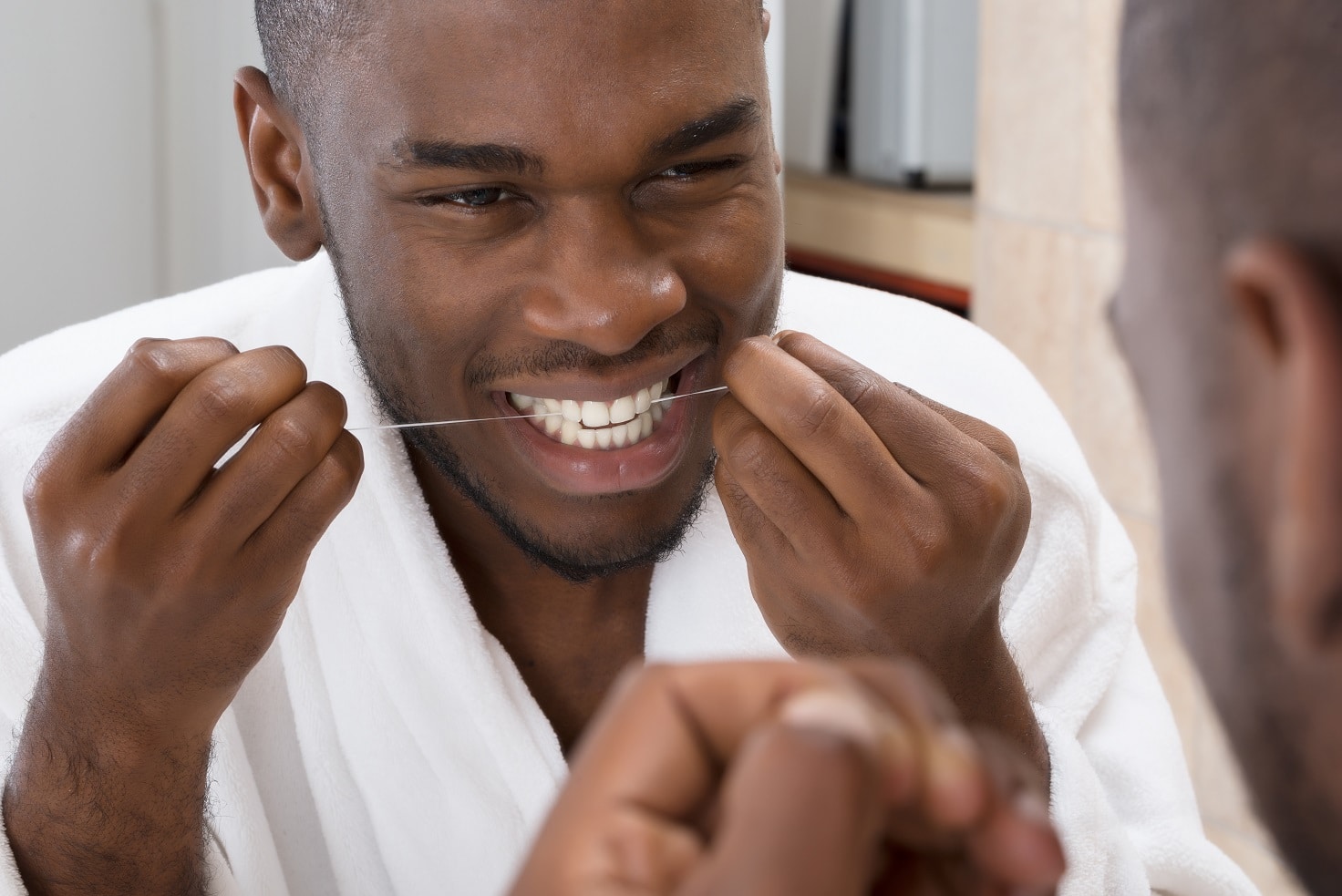One of the most common, and most dreaded, tooth-related issues is tooth decay. Not only can tooth decay risk the health and structure of individual teeth, it can also affect your general health. Regardless of whether the problem is small or extensive, tooth decay is uncomfortable and it can be disquieting, especially if it occurs in highly visible areas of the mouth.
Dental technology today provides individuals with some incredible options when it comes to resolving tooth decay and re-strengthening the teeth that have been affected by tooth decay. This, however, often provides little consolation to the individual who would rather avoid all of the emotional distress, and financial expense, of having tooth decay resolved. To that end, there are many things one can do, and not do, in order to prevent tooth decay.
Taking Action to Prevent Tooth Decay
Rather than simply crossing your fingers and hoping that your teeth will remain healthy and free from decay, here are some things you can do to protect them against the possibility of decay:
- Brush your teeth at least twice every day. Leftover food particles and harmful oral bacteria can attack your teeth and cause decay, but not if they are removed through routine brushing. Bear in mind that it is technique and time that yields the best results, so use a toothbrush with soft bristles and gentle, circular strokes for at least two minutes each time you brush your teeth. If you’re not sure that your brushing technique, or tools, are getting the job done properly, consult with your dentist.
- Floss your teeth at least once every day. Flossing helps to complete the job brushing started by cleaning along the gumline and in between teeth where toothbrush bristles cannot go. Again, if you’re not sure that your flossing technique is getting the job done properly, consult with your dentist.
- Use fluoride. Fluoride toothpaste and mouth rinse can help protect your teeth against decay by creating a protective layer over the top of the enamel. This protective layer helps to prevent harmful oral bacteria and leftover food particles from causing tooth decay.
- Visit your dentist at least twice each year. Your dentist possesses the knowledge and tools to detect oral health issues just as they are beginning, and long before you can. She can also clean more deeply and thoroughly than you can at home. This means that she can help to determine whether there are situations occurring that can potentially lead to future decay, and help you resolve them before decay occurs.
- Avoid consuming excessive refined sugars and carbohydrates. Sugar methodically and relentlessly attacks tooth enamel and underlying tooth structure, and it can also feed the harmful oral bacteria that produce tooth-eroding acid. This means that excessive sugar consumption can rapidly lead to tooth decay issues. The sugars that exist naturally in raw fruits and vegetables are not as harmful to the teeth.
- Stick to healthy snacks between meals. If you feel that you need to snack between meals, try to eat raw, fresh fruits and vegetables. This can not only help to prevent the presence of excessive sugars in the mouth, but some fruits and vegetables, like apples and celery, can actually work to naturally brush the teeth.
One Last Thought
You should always contact your dentist if you feel anything “odd” in your mouth. Some injuries and changes in your mouth, such as a cracked or broken tooth, are obvious, and definitely warrant an immediate call to your dentist’s office. However, if you feel that anything seems odd in your mouth, like a strong, unpleasant taste, a change in your bite, mild discomfort, sharp pain or something else, even if you aren’t aware of the outright cause, go ahead and contact your dentist. It’s possible that a tooth-decay-causing situation is brewing and you can catch it before it develops fully.
For more information about how to prevent tooth decay and maintain a healthy mouth, contact Dr. Saferin at Avenue Dental Arts today.


